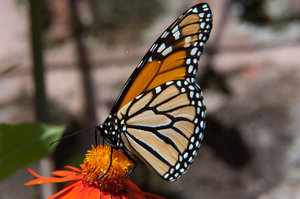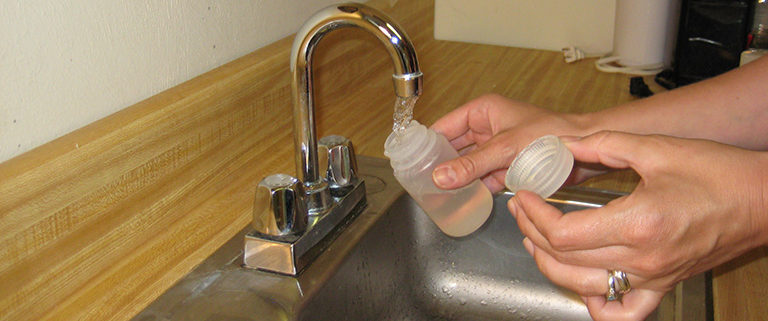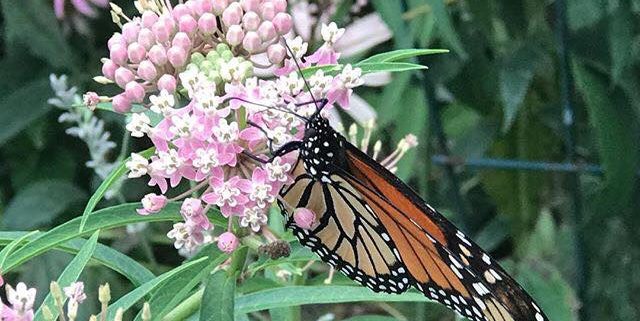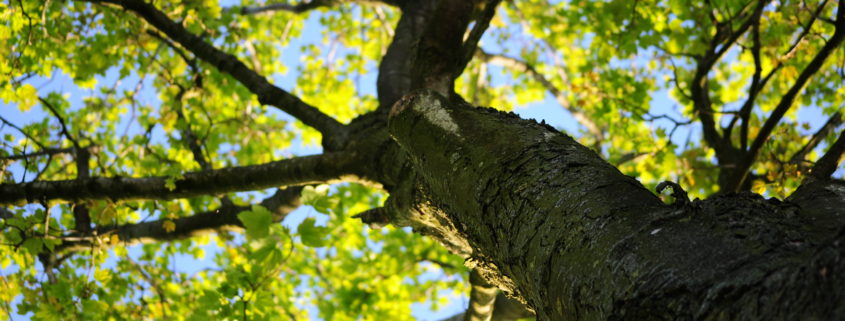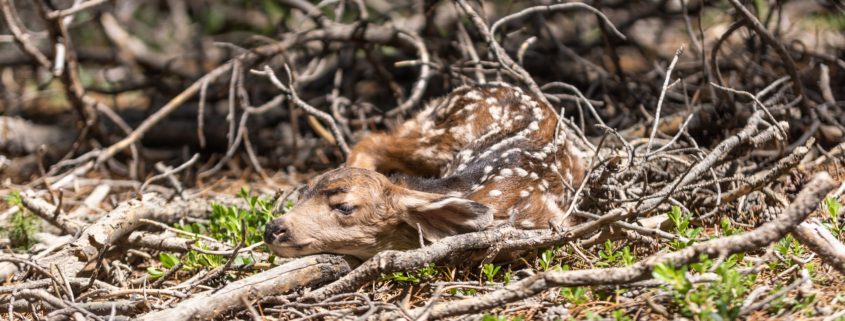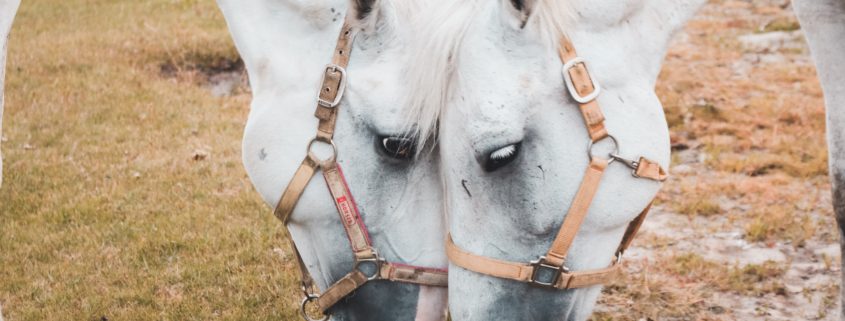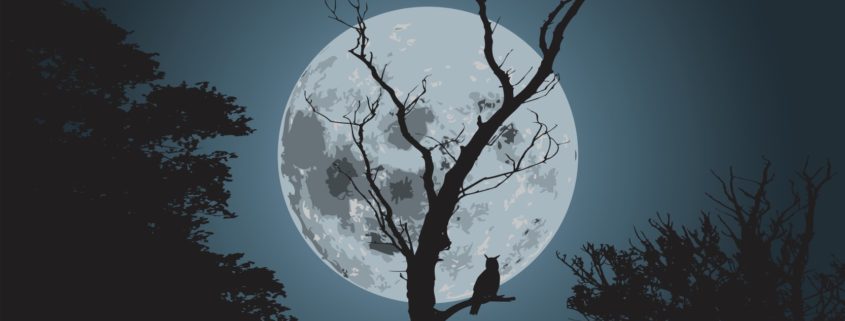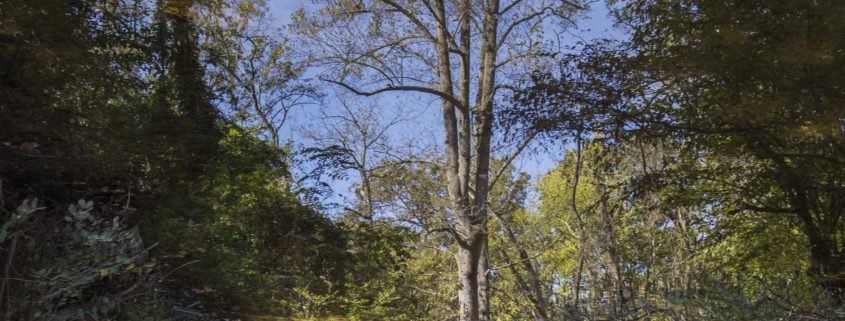How to help the magnificent monarchs
National Wildlife Federation, 11100 Wildlife Center Drive, Reston VA
Saturday, 22 September 2018
1-3 pm
Monarchs and their amazing migration to Mexico are in peril for many reasons. Learn about the
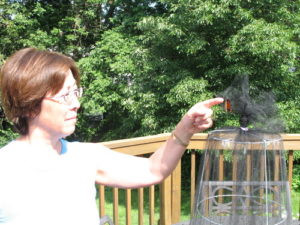
Georgina Chin, Class Instructor
monarch life and migration cycles, how you can attract them to your home garden or favorite public space, and how to raise them to send them on their fall journey. Resources for milkweed and garden design also included. The class instructor, Georgina Chin, is an elementary school teacher with a passion for monarchs and an instructor with Monarch Teacher Network. Learn more and register for the class through the Audubon Society of Northern Virginia. Paid Event.


